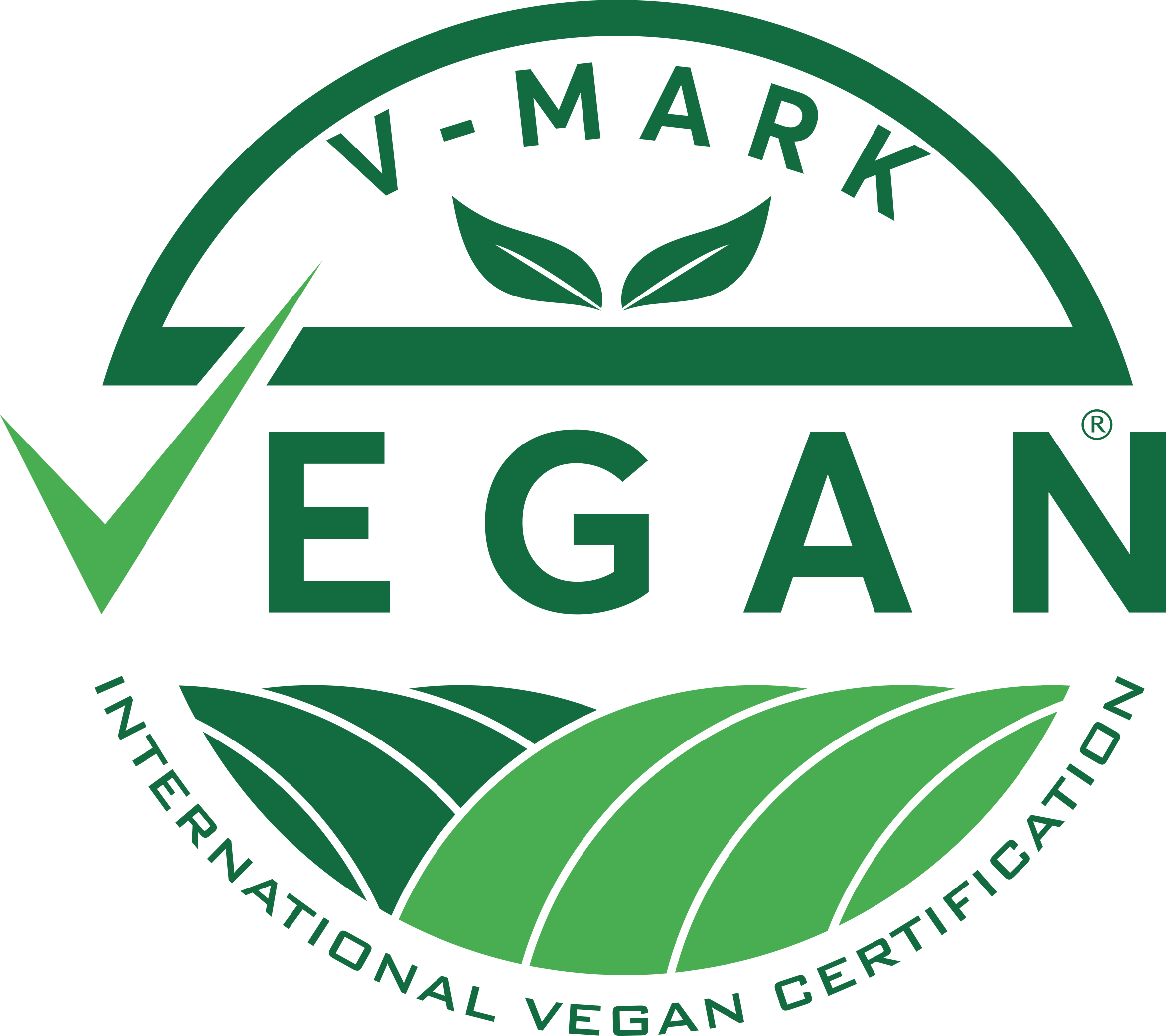Key Considerations for Obtaining Vegan Certification
Vegan certification is an important tool for businesses and organizations that want to provide assurance to customers and clients that their products and services are vegan-friendly. Obtaining vegan certification is a complex process that requires careful consideration to ensure that all standards are met.

One of the first key considerations for obtaining vegan certification is to understand the definition of veganism. Veganism is a lifestyle and dietary choice that eliminates animal products from the diet and excludes the use of animal products in any form. This includes not only food items, but also cleaning products, clothing, and other items that may contain animal-derived ingredients. It is important to understand what veganism means and how it applies to the products or services offered by the business or organization.
The second key consideration is to determine the vegan certification process that must be followed. Each vegan certification program has its own set of standards and requirements that must be met in order to obtain certification. For example, some programs may require the use of only vegan-friendly ingredients, while others may require the business to use only vegan-friendly packaging, suppliers, and production processes. It is important to research and understand the requirements for each program before beginning the certification process.
The third key consideration is to ensure that all products and services meet the vegan standards. It is important to check all ingredients and materials used in the production process and to ensure that all packaging, labeling, and marketing materials are compliant with vegan standards. Additionally, any third-party suppliers or manufacturers used in the production process must also comply with vegan requirements.
Finally, businesses and organizations must consider the cost of obtaining and maintaining vegan certification. Vegan certification is not free and will require an investment of time and resources. It is important to carefully consider the cost of certification, as well as any associated costs such as marketing and promotional materials, before committing to the process.
Obtaining vegan certification is an important step for businesses and organizations that want to provide assurance to customers and clients that their products and services are vegan-friendly. By carefully considering the definition of veganism, the certification process, product compliance, and the associated costs, businesses and organizations can ensure that they meet all requirements for vegan certification.
Certification
- A Guide to Vegan Certification
- Exploring Vegan Markings
- Exploring Vegan-Friendly Products
- Exploring the Advantages of Vegan Marking
- Exploring the Benefits of Vegan Certification for Non-Food Products
- Exploring the Benefits of Vegan Certification for Wholesalers
- Exploring the Benefits of Vegan Certification for the Environment
- Exploring the Benefits of Vegan Labeling for Food Retailers
- Exploring the Benefits of Vegan Labeling for the Economy
- Guidelines for Vegan Labeling
- How to Apply for Vegan Certification
- How to Obtain Vegan Certification
- How to Set Up a Vegan Certification Program
- Key Considerations for Obtaining Vegan Certification
- Navigating the Challenges of Vegan Certification
- The Advantages of Having a Vegan Mark
- The Advantages of Vegan Labeling for Businesses
- The Benefits of Being Certified as a Vegan Product
- The Benefits of Having a Vegan Mark
- The Benefits of Vegan Certification for Food Distributors
- The Benefits of Vegan Certification for Food Manufacturers
- The Benefits of Vegan Certification for Food Suppliers
- The Benefits of Vegan Labeling for Animal Welfare
- The Benefits of Vegan Labeling for Businesses
- The Benefits of Vegan Labeling for Consumers
- The Benefits of Vegan Labeling for International Trade
- The Benefits of Vegan Labeling for Restaurants
- The Benefits of Vegan Labeling
- The Challenges of Obtaining Vegan Certification for Food Products
- The Challenges of Obtaining Vegan Certification
- The Difference Between Vegan and Non-Vegan Labeling
- The Impact of Vegan Certification on Food Prices
- The Impact of Vegan Labeling on Consumers
- The Implications of Vegan Labeling for Health and Nutrition
- The Importance of Vegan Marking for Businesses
- The Necessity of Vegan Certification for Food Products
- The Necessity of Vegan Marking for Food Products
- The Process of Obtaining Vegan Certification
- The Pros and Cons of Vegan Certification
- The Significance of Vegan Certification for Businesses
- The Significance of Vegan Certification for Food Safety
- The Significance of Vegan Labeling for Businesses
- The Significance of Vegan Labeling for Food Labels
- Understanding the Basics of Vegan Labeling
- Understanding the Benefits of Vegan Labeling for Food Producers
- Understanding the Different Types of Vegan Labeling
- Understanding the Impact of Vegan Labeling on the Food Industry
- Vegan Labeling Requirements and Regulations
- Vegan Product Labeling Requirements
- What is Vegan Certification?
- What is Vegan Mark?

GET CERTIFIED
